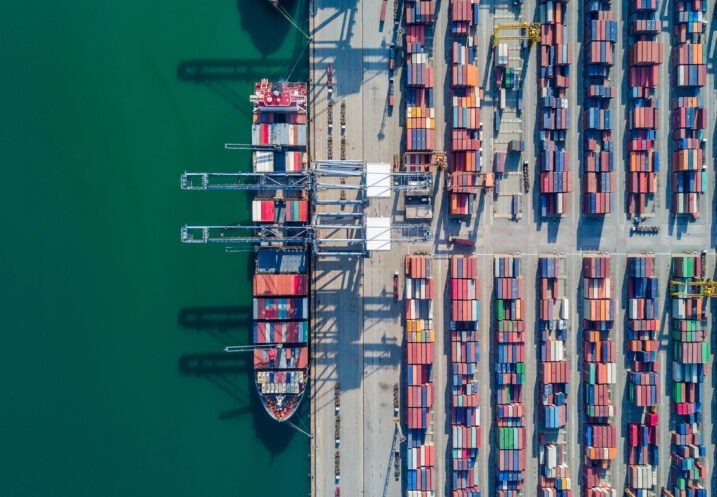
Why the FACTI Panel should consider trade integrity
By Tom Cardamone, April 30, 2020

There are just ten years left to achieve the 2030 Agenda for Sustainable Development, and yet countries face a $2.5 trillion annual financing gap to achieve the corresponding Sustainable Development Goals (SDGs). This figure does not account for the recent COVID-19 crisis, which has hamstrung developing country governments around the world while dealing with the economic fallout of the pandemic. In effect, governments need revenue now to deliver critically needed public health and safety programs.
One way governments could potentially raise revenues immediately would be by curbing revenue lost to trade misinvoicing, which occurs when companies move money illicitly in or out of countries through the commercial trade system by falsifying the prices of goods on import or export invoices. Trade misinvoicing is a major form of trade-related illicit financial flows (IFFs), resulting in a massive loss of tax revenues for developing country governments. As the High-Level Panel on International Financial Accountability, Transparency and Integrity, known as the FACTI Panel, begins its work this year, one of the areas it should address is the need for greater integrity in global trade transactions.
The FACTI Panel supports United Nations member states in achieving their goals for the 2030 Agenda for Sustainable Development by providing information and recommendations in the three cluster areas of work which include cooperation on tax matters, accountability and cooperation in settling disputes. While the group’s work is focused on how member countries can combat illicit financial flows to foster sustainable development, the purpose of the panel is to provide general support to member countries in every aspect of implementation of the 2030 transformational vision.
FACTI employs a number of approaches to identify the UN’s gaps and vulnerabilities in financial accountability, transparency and integrity, including strengthening implementation of existing mechanisms, improving existing international frameworks, exploring the need for and feasibility of additional instruments or frameworks, and making governance arrangements to match perceived challenges. The panel’s members review current challenges in each of the three clusters to provide evidence-based recommendations for improving comprehensiveness, effectiveness, and universality of the 2030 Agenda’s implementation.
The FACTI Panel was established on March 2, 2020, based on General Assembly Resolution 74/206 which highlights the importance for member states to consider how combating illicit financial flows can strengthen sustainable development efforts. Its creation was spearheaded by the UN President of the General Assembly and President of Economic and Social Council, who appointed the panel’s fifteen experts in policymaking, academia, and civil society. The Panel’s first meeting occurred on March 31, 2020, with a Global Town Hall held virtually on April 29th, 2020 with civil society experts and members.
In the context of the accountability cluster of work and possible further action governments and international institutions might take in the areas of beneficial ownership, tax, corruption and money laundering, Global Financial Integrity (GFI) suggests the Panel promote the concept of “trade integrity” defined as international trade transactions that are legal, properly priced and transparent. Given that developing countries lose billions of dollars a year in tax due to trade misinvoicing, corruption and criminal activity what is needed is focus on ensuring the integrity of global trade to help governments collect the proper value from their trade transactions, which will enable them to mobilize funds to achieve the 2030 Agenda and respond to the COVID-19 pandemic.
To work toward trade integrity, the FACTI Panel should encourage multilateral organizations and governments to:
1) Place special focus on international trade, specifically on the beneficial ownership of freight forwarders, shippers and other firms that are in the business of moving cargo;
2) Undertake high-level discussions regarding the feasibility of governments posting information on all of their trade transactions online. This transparency will enable civil society, academics, researchers and journalists to determine if developing country governments are capturing the maximum revenue from their trade transactions or not;
3) Investigate the feasibility of using distributed ledger technology in international trade transactions to address the information asymmetry that is a major facilitator of trade misinvoicing;
4) Promote public-private cooperation to develop information sharing strategies to curtail trade-based money laundering;
5) Seek efforts to improve transparency and accountability in free trade zones, which are infamous for their opacity and lack of direct oversight.
By taking these steps GFI believes developing countries can effectively realize trade integrity and reap the due benefits of their trade transactions. GFI looks forward to supporting the FACTI Panel’s efforts in this regard and following the Panel’s progress throughout its mandate.
